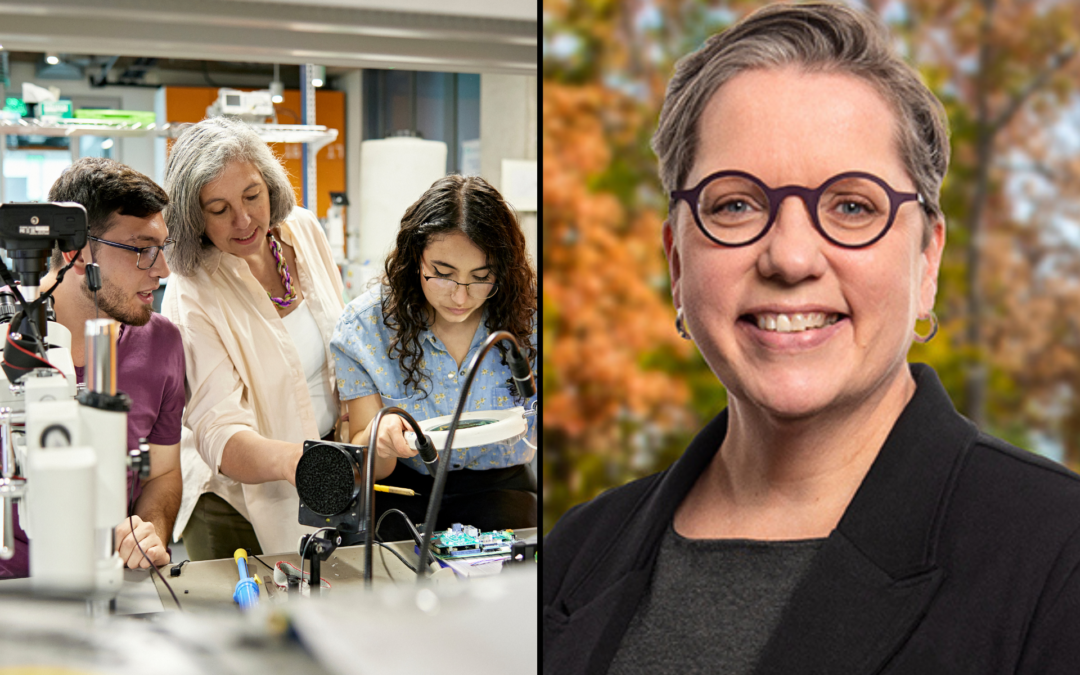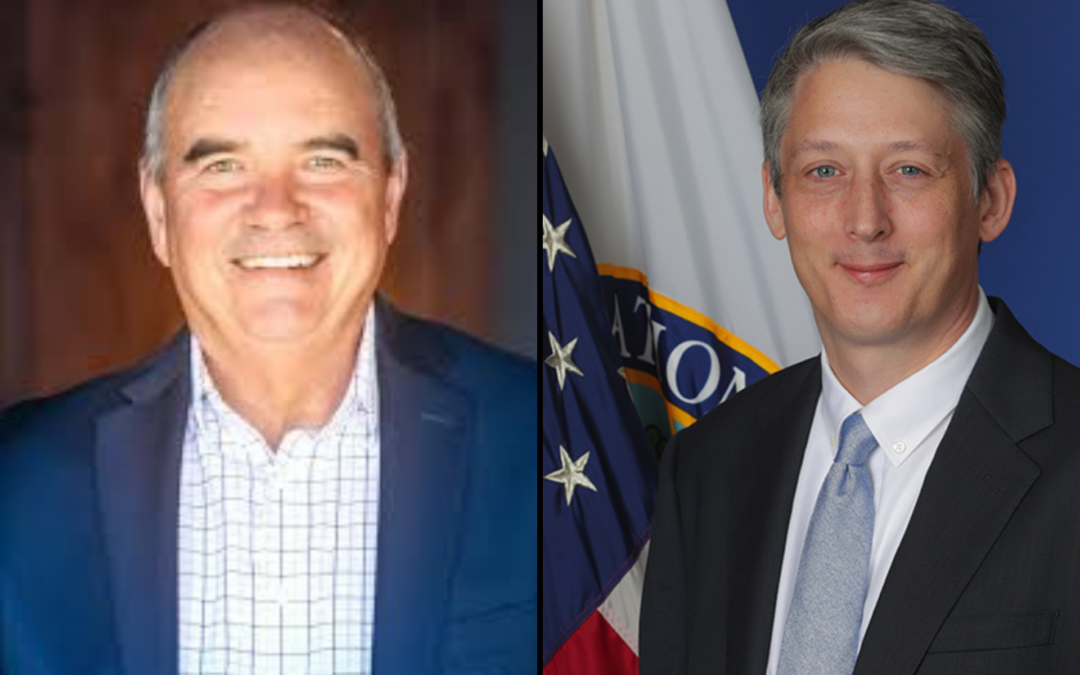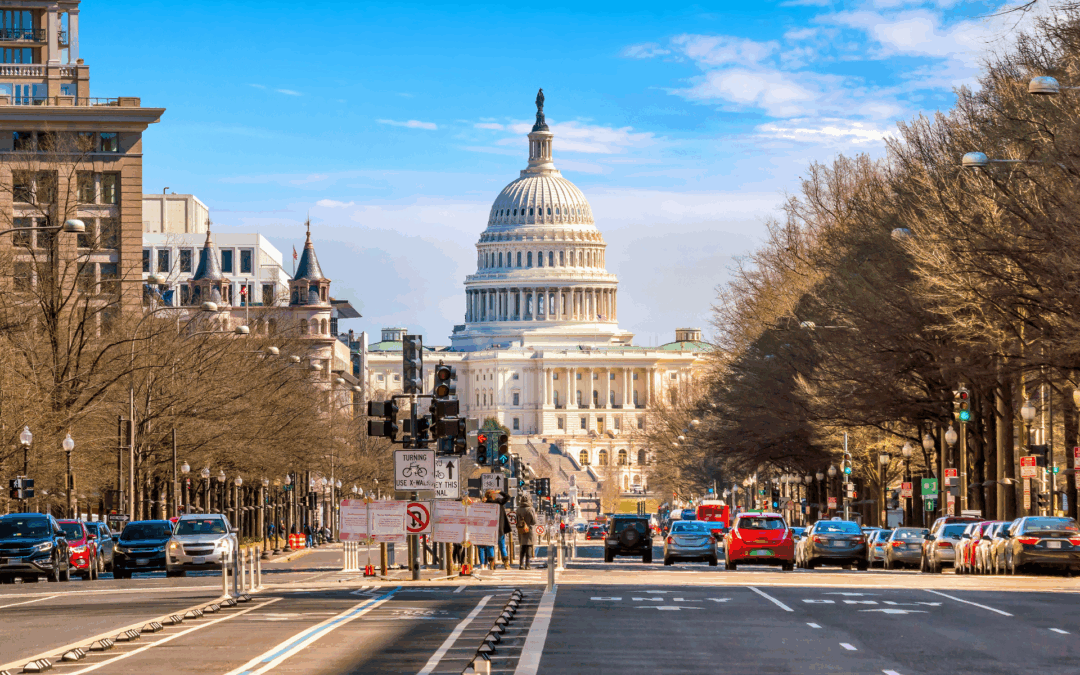By Anne M. Kress PhD President, Northern Virginia Community College
Momentum is growing in this Congress to allow Pell grants to be used for accelerated career training as Americans of all ages increasingly seek short-term educational experiences directly linked to meaningful jobs and real economic opportunity, and local employers search for workers ready to navigate changing technologies and skill requirements.
Virginia community colleges, including Northern Virginia Community College (NOVA), now have almost a decade of experience in offering such short-term, market-driven higher education opportunities through the FastForward program, which prepares students to earn third-party, industry-recognized credentials with significant impact on earned wages. The Commonwealth of Virginia funds FastForward to encourage student performance, incentivizing community colleges to support students—who pay, at most, a third of the cost of the program—in completing the training and earning a credential. And thanks to Virginia’s G3 workforce financial aid, about 80% of NOVA FastForward students have all tuition costs covered.
Virginia’s history of investment, accountability, and success offers a powerful example of the impact of short-term training on students’ economic advancement and community prosperity, suggests the kinds of results possible with expanded Pell benefits, and offers guidance on how to design workforce education to maximize results.
NOVA’s FastFoward students complete their programs at astonishing rates, earn credentials and see documented, state-validated wage gains as a result. Over the past five years, more than 5,260 Northern Virginians have enrolled in FastForward classes that average between six and 12 weeks. More than 5,000 completed their training, a completion rate of 95%, and earned credentials at a rate of 61%. From mid-2020 to mid-2023 using available pre- and post-wage data, the State Council of Higher Education for Virginia has validated that FastForward students experienced a median wage gain of 70% across industries ranging from information technology to healthcare to human resources management.
For example, of 950 students who enrolled in a CompTIA A+ class, 96% completed the class and 63% were employed in six months in the Commonwealth. Their median wages increased $18,695, from $23,673 to $42,368.
Almost 98% of the 149 students enrolled in a Society for Human Resources Management Certified Professional class in human resources management completed the class; 61% were employed in Virginia within six months, and over the three-year period analyzed, received a median wage increase of $19,418, growing their income from $61,349 to $80,767.
The wage premiums exist across every industry: 120 students enrolled in the FastForward pharmacy technician class, 93% completed it, and 76% were employed in Virginia within six months with a median wage increase of more than $19,500.
In programs that take much less than a year, these FastForward students – and thousands of others – took several steps up the economic ladder, creating greater financial stability for themselves and their families and adding to the vitality of the Virginia economy.
How is FastForward able to build and sustain a talent pipeline that benefits Virginians seeking economic mobility and businesses seeking qualified employees? Our experience points to three characteristics of FastForward that could support an expansion of the Pell Grant program to short-term, workforce training: First, all FastForward classes are demand-driven. NOVA chooses the classes it offers in response to signals from local and regional employers in specific industries. FastForward positions students for success by ensuring their training prepares them for jobs in in-demand industries that are located in their home communities.
Second, FastForward classes are designed with business input that validates the skills local employers want, leading to industry-recognized credentials that give students and prospective employers confidence in the relevance of the training. Job applicants with industry-recognized credentials signal to prospective employers their skills and knowledge match their needs. For hiring managers, the credential reduces the guesswork that can be part of the hiring process. Informal feedback also suggests that even knowing FastForward training is structured to lead to a credential occasionally satisfies employers enough to hire students before they earn the credential.
Finally, FastForward training offers a smooth transition to further educational opportunities for students who choose to continue learning. The majority of FastForward classes stack into college credit programs, allowing students to earn credit that applies to certificates or associate degrees. Students also can receive credit for prior learning for relevant career experience and training, military service, and professional certifications—further accelerating their college pathways. Combining credit for prior learning with credit from FastForward training can advance students toward their next credential and continue to build their earning power.
Short-term, accelerated, workforce-relevant programs like FastForward transform the lives of our students by connecting them to meaningful jobs and real economic opportunity. They are directly related to meeting the needs and strengthening the prosperity of communities—rural and urban. Allowing Pell grants to be used for short-term workforce programs like FastForward would lead to more economic mobility, more business growth, and more vibrant communities across the country.







Recent Comments